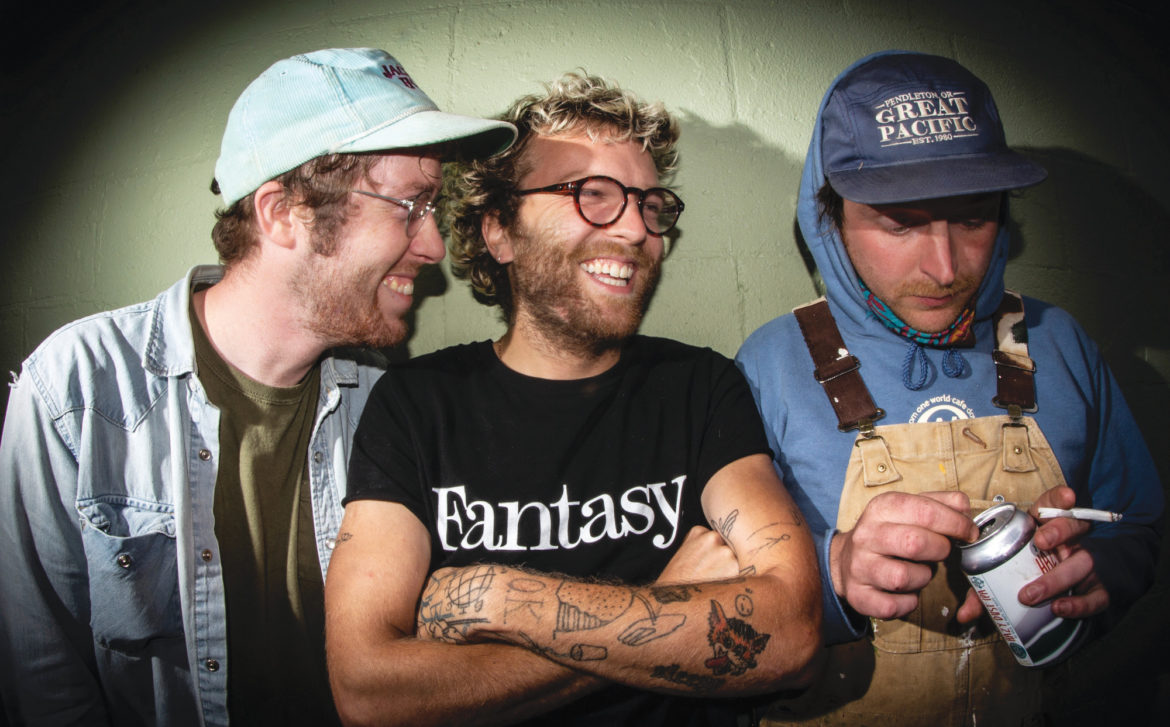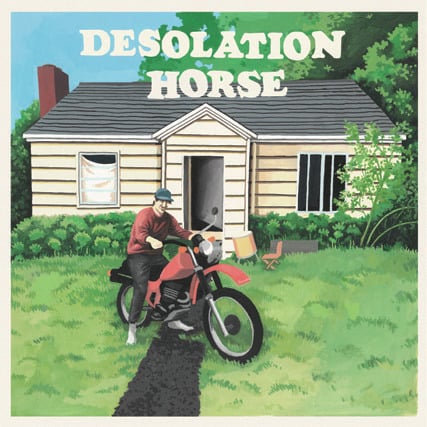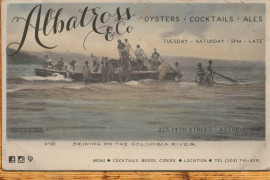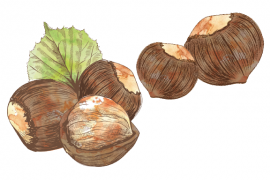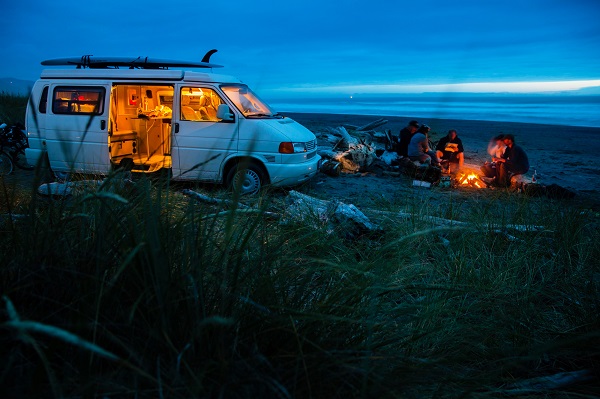Cooper Trail’s Desolation Horse makes music for the wandering and aimless
Written by Ben Salmon
Cooper Trail sounds like a lovely hike across a verdant forest or a mountain range, and … well, it might be. But it’s also the name of a singer-songwriter and multi-instrumentalist originally from Idaho whose band, Desolation Horse, recorded one of 2020’s best albums on opposite ends of Oregon—at a friend’s house in Astoria and at the historic O.K. Theater in downtown Enterprise.
Before all that, though, Trail had what he called “a solo project with jutting edges” called Mise, which released three albums and toured around, playing shows for people. Mise started when Trail was in high school, and when he listens to those recordings now, he feels “somewhat embarrassed” by them, but reminds himself that they are warts-and-all documents of his embryonic musical self.
“I am probably just jealous of young people who make classic recordings right out of the gate,” he said. “For me, that end will be a lifelong pursuit.”
That may be true, but it doesn’t change the fact that Desolation Horse’s debut is destined to be a classic in its own right. Recorded in late 2018, Trail, a professional session musician, was too busy touring with other bands to focus on turning his rough mixes into something ready for public consumption. So they “bounced around on a secret Soundcloud playlist,” he said, eventually reaching the ears of Sean Jewell at Seattle-based American Standard Time Records. “He was really the catalyst for the first Desolation Horse (album) being released,” Trail said.
Thank goodness for that. At just eight tracks long, Desolation Horse is as unassuming as it is consistently engaging, with classic indie rock, folksy twang, skewed blues, throwback pop and even the occasional mesmerizing motorik groove underpinning Trail’s easygoing exploration of who he is and where he’s headed.
It’s a perspective he believes will look familiar to most people who give his music a spin.
“Folks these days identify with feeling lost, with feeling lonely in a crowded world,” Trail said. “These songs speak to that, and though they don’t provide answers, I think people simply want to hear and know that someone else feels that way too: wandering, aimless and living on the edge of confusion and contentedness.”


